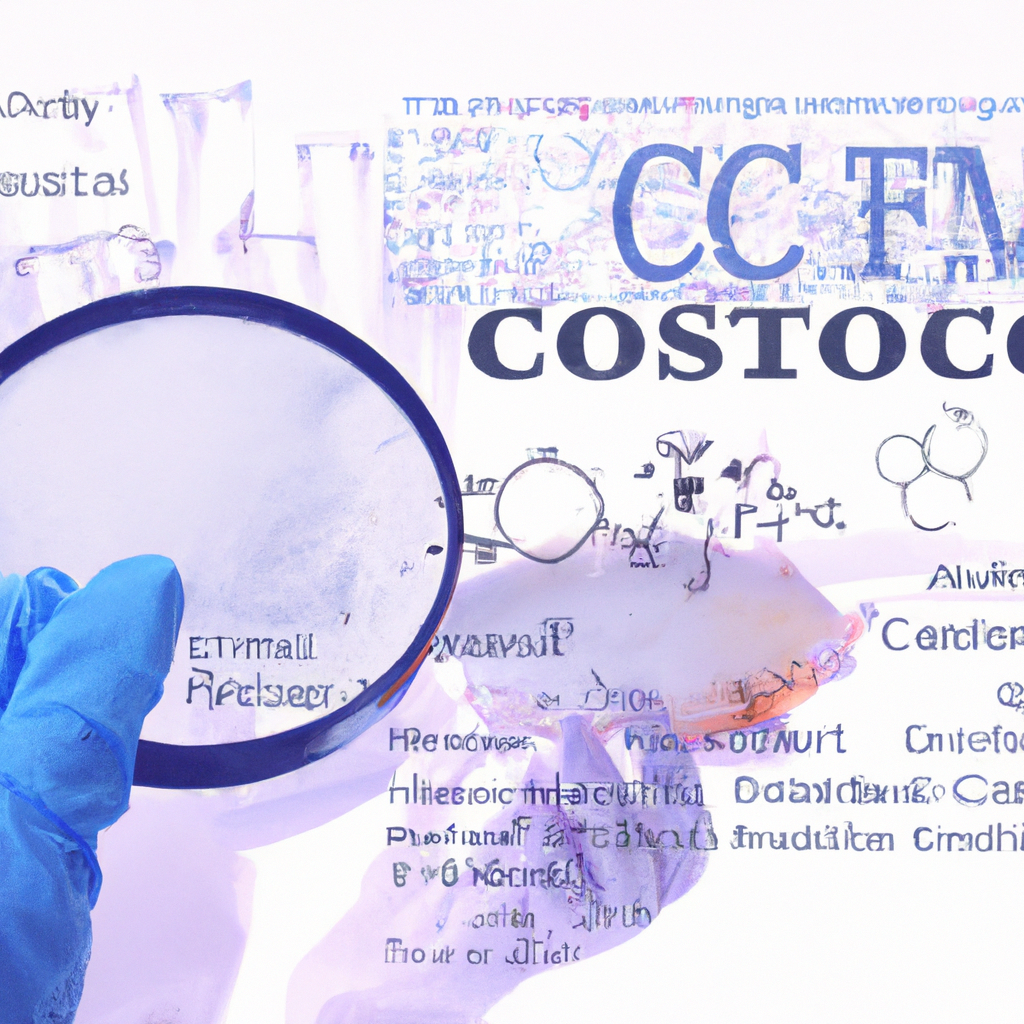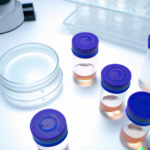Cosmetics Quality Control: Microbiological Standards in the Luxury Industry
Production of luxurious cosmetics requires high standards of safety and hygiene, and that’s why quality control is so important. When it comes to top-end cosmetics, microbiological quality control is essential to ensure that the finished products will perform as intended and won’t pose any health risks. In this article, we’ll discuss what microbiological quality control means in the luxury cosmetics industry and how it’s used to guarantee safe and effective products.
What Is Microbiological Quality Control?
Microbiological quality control is the process of assessing the safety and purity of products and materials by identifying and measuring microorganisms — bacteria, fungi, and other microbes — that can potentially contaminate them. This type of quality control is often used in manufacturing to make sure that not just the finished products, but the ingredients and other components are free from microbial contamination. In the luxury cosmetics industry, it’s possible to make the process of microbiological quality control even more refined by attaining increasingly greater levels of accuracy and detail from the tests.
Why Is Microbiological Quality Control Used in Luxury Cosmetics Manufacturing?
Microbiological contamination poses a risk to both the quality and the safety of cosmetic products, as it can lead to negative effects on the performance, texture, aroma, and color of the finished products. It can also have an adverse effect on the shelf life of the cosmetics and can encourage the growth of potentially dangerous organisms that can be harmful to humans. That’s why, when it comes to the production of premium cosmetics, microbiological quality control is an essential part of the process.
Ensuring the highest standards of hygiene and purity is especially important in the luxury sector. In many cases, manufacturers use rare and expensive natural ingredients, so ensuring that the products are clean and safe is paramount. Plus, discerning luxury customers have high expectations when it comes to cosmetics, and they’ll be particularly sensitive to any contamination or issues with quality.
How Is Microbiological Quality Control Conducted?
Microbiological quality control in the production of luxurious cosmetics relies on a variety of tests and processes. Generally speaking, the process of conducting microbiological quality control starts with an initial assessment of the production environment and the manufacturing facility, followed by regular sampling and analysis of materials and products during production.
Environmental Monitoring and Sanitation Verification
The first step of the process is to confirm that the manufacturing environment is clean and free from microbial contamination, with proper ventilation and air quality, adequate hand washing and dust control protocols, and effective waste management processes. This step is based on environmental monitoring, which involves collecting samples from the production facility and testing them for the presence of microbes that can potentially contaminate raw materials, products, or ingredients before they reach the vessels or tanks.
Raw Material Testing
The next step is to sample and analyze the raw materials and ingredients — including elixirs, active ingredients, fragrances, coloring agents, preservatives, and other components — before they are processed. This testing helps to ensure that only uncontaminated ingredients are used in the production process and that the finished cosmetics will not contain microbial contamination. The results from these tests can inform decisions about the product’s quality and shelf life, as well as how it should be stored and transported.
Sample Testing During Manufacturing
Samples are also taken at various stages of production and analyzed to ensure that the finished products are safe and free of microbial contamination. This critical step of the process is often referred to as in-process quality control. The samples are taken from batches of finished products and tested for microbial contamination after they enter the final packaging.
Conclusion
In conclusion, microbiological quality control is an important part of the process of manufacturing luxurious cosmetics. Ensuring the highest standards of safety and purity means that only uncontaminated ingredients and components are used in the production and that there is no risk of microbial contamination in the finished products. The level of accuracy and detail made possible by microbiological quality control in the luxury cosmetics industry means that customers can count on products that are safe, effective and free from microbial contamination.
Benefits of Microbiological Quality Control in Luxury Cosmetics
Microbiological quality control plays a vital role in the production of luxurious cosmetics, offering numerous benefits for both manufacturers and consumers. By implementing stringent quality control measures, the luxury cosmetics industry ensures the highest standards of safety, effectiveness, and purity in its products. Let’s explore the key benefits of microbiological quality control in luxury cosmetics manufacturing.
1. Enhanced Product Safety
Microbiological quality control helps identify and eliminate potential sources of contamination, ensuring that the final products are safe for consumers. By testing raw materials, ingredients, and finished products at various stages of production, manufacturers can detect and prevent the presence of harmful bacteria, fungi, and other microorganisms. This proactive approach safeguards consumer health and minimizes the risk of adverse reactions, infections, or other complications.
2. Preservation of Product Quality
Luxury cosmetics are synonymous with exceptional quality and performance. Microbiological quality control measures contribute to maintaining these high standards. Contaminants can negatively impact the texture, aroma, color, and overall quality of cosmetic products. By identifying and eliminating microbial contamination, manufacturers can preserve the desired characteristics of their luxury cosmetics, ensuring that they meet or exceed customer expectations.
3. Extended Shelf Life
Microbial contamination can accelerate product degradation, reducing the shelf life of cosmetics. Through microbiological quality control, manufacturers can identify and address potential issues that could compromise product stability and longevity. By ensuring that their products remain free from harmful microorganisms, luxury cosmetics manufacturers can extend the shelf life of their offerings, allowing consumers to enjoy their purchases for a longer period.
4. Protection of Rare and Expensive Ingredients
Luxury cosmetics often incorporate rare and costly natural ingredients known for their unique properties. Microbiological quality control measures safeguard the integrity of these precious resources. By ensuring a clean and sterile production environment and conducting rigorous testing, manufacturers protect the integrity and potency of these valuable ingredients. This guarantees that the luxury cosmetics derived from them maintain their effectiveness and deliver the desired results to discerning customers.
5. Customer Satisfaction and Brand Reputation
Microbiological quality control contributes to customer satisfaction and helps build a reputable brand in the luxury cosmetics industry. By consistently delivering safe, effective, and contamination-free products, manufacturers can establish trust with their customers. Luxury consumers have high expectations when it comes to the quality and safety of their cosmetics. By prioritizing microbiological quality control, manufacturers demonstrate their commitment to excellence, reinforcing their brand reputation and fostering customer loyalty.
In conclusion, microbiological quality control plays a crucial role in the luxury cosmetics industry. Through rigorous testing, monitoring, and analysis, manufacturers ensure that their products meet the highest standards of safety, effectiveness, and purity. By implementing these measures, luxury cosmetics manufacturers can provide consumers with unparalleled quality, while safeguarding their health and satisfaction. Microbiological quality control is an indispensable component of the luxury cosmetics manufacturing process, ensuring that these products remain at the forefront of the industry.






